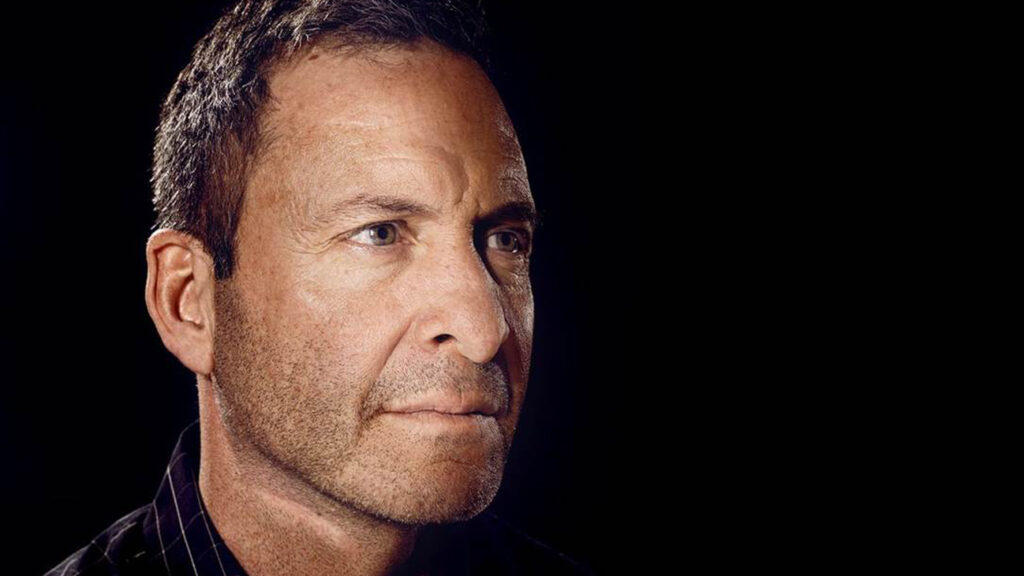I could sit here and share statistics with you all day that tell you why Mental health is a critical aspect of our overall well-being. But, the fact is it is often overlooked, particularly among men. I could tell you that based on a recent study of men in the workplace:
- 55% of men reported being lonely.
- 49% of Men surveyed scored in the range of probable depression
- 68% feel uncomfortable asking for help
- 46% Never ask for help
- 42% reported behaviours suggestive of hazardous drinking or active alcohol use disorders.
- 35% experienced thoughts of suicide or self-injury at least a few times a week.
- Nearly 1 in 4 was experiencing psychological pain so intolerable that they could feel themselves falling apart.
- 1 in 3 expressed hopelessness about the future, feeling that it was impossible that things could change for the better or that they could achieve their goals.
- Approximately 1 in 10 men endorsed strong feelings of hatred, disgust, and shame towards themselves.
While statistics may not lie, it's the stories inspire action.
As someone who works with men on their mental and emotional fitness and has seen the consequences firsthand when a man’s mental and emotional fitness is neglected, I cannot overstate the importance of encouraging men to prioritize their emotional well-being. While statistics don’t lie, the stories truly inspire action.
Why Stories Matter
Stories have been used to inspire action for centuries. From religious texts to fables to biographies, humans have always been drawn to narratives that highlight the triumphs and struggles of others.
But why are stories so powerful?
For one, stories engage our emotions in a way that statistics and facts simply cannot. When we hear about someone who has overcome any mental health challenges, for example, we feel a sense of empathy and connection to their experience. This emotional connection is critical when it comes to motivating ourselves and others to take action.
At our recent Love Letter to Men: a conference on men’s mental health, we heard many stories from various men.
Clint Malarchuk’s incredible story of trauma, attempted suicide, and subsequent recovery gave us a powerful example of what is possible. Hearing about someone who has successfully managed their mental health helps us believe that we can do the same. This is particularly important for men, who may feel like seeking help for mental health issues is a sign of weakness or failure. When we see examples of other strong men who have taken care of their mental and emotional fitness and improved their lives as a result, it helps to break down those barriers.
Stories show us what is possible in our own life. They allow us to see ourselves in others and provide hope for a brighter future. A powerful story can help us reduce the stigma that often comes with mental health challenges. Our stories also help us connect to a sense of community.
Examples of Inspiring Stories

What do inspiring stories about men and mental health look like? Here are a few examples:
Kevin Love: The NBA star made headlines when he wrote an essay for The Players’ Tribune about his struggles with anxiety and depression. Love’s willingness to open up about his mental health challenges helped to break down the stigma and encourage other men to seek help.
Wesley and Salvi: Two men at our Love Letter to Men conference who shared their story of attempting suicide and subsequent recovery were remarkable. I know there were lessons shared that I will never forget. You can watch a recording of their story here.
Daniel Sundahl: Dan is an artist and first responder who shares his story with a powerful photo art collection. You can find his work on his website here https://www.dansunphotos.com/.
These are just a few examples, but there are countless other stories of men who have taken care of their mental health and improved their lives. By sharing these stories, we can inspire others to do the same.
How to Share Stories Effectively
Of course, simply sharing stories isn’t enough to create meaningful change. To truly inspire men to prioritize their mental health, we need to share stories in a way that resonates with them. Here are a few tips:
Use relatable language: The average dude does not want to hear academic jargon while listening to stories. Find language that is accessible and relatable to your audience. Avoid jargon or technical terms and use everyday language that men can easily understand.
Highlight the benefits: As men, we are often motivated by tangible benefits, so it’s important to emphasize the positive outcomes of prioritizing our emotional fitness. This might include improved relationships, better job performance, or a greater sense of purpose.
Address common concerns: Many men hesitate to seek help for mental health issues because they worry about being perceived as weak or vulnerable. Stories of “Strong men” who have taken action tackle these concerns head-on and demonstrate that seeking help is a sign of strength; we can help to break down these barriers
Various resources are available online on how to effectively tell stories. If you are a leader (and we’re all leaders) that wants to impact men and mental health, learn how to share great stories.
